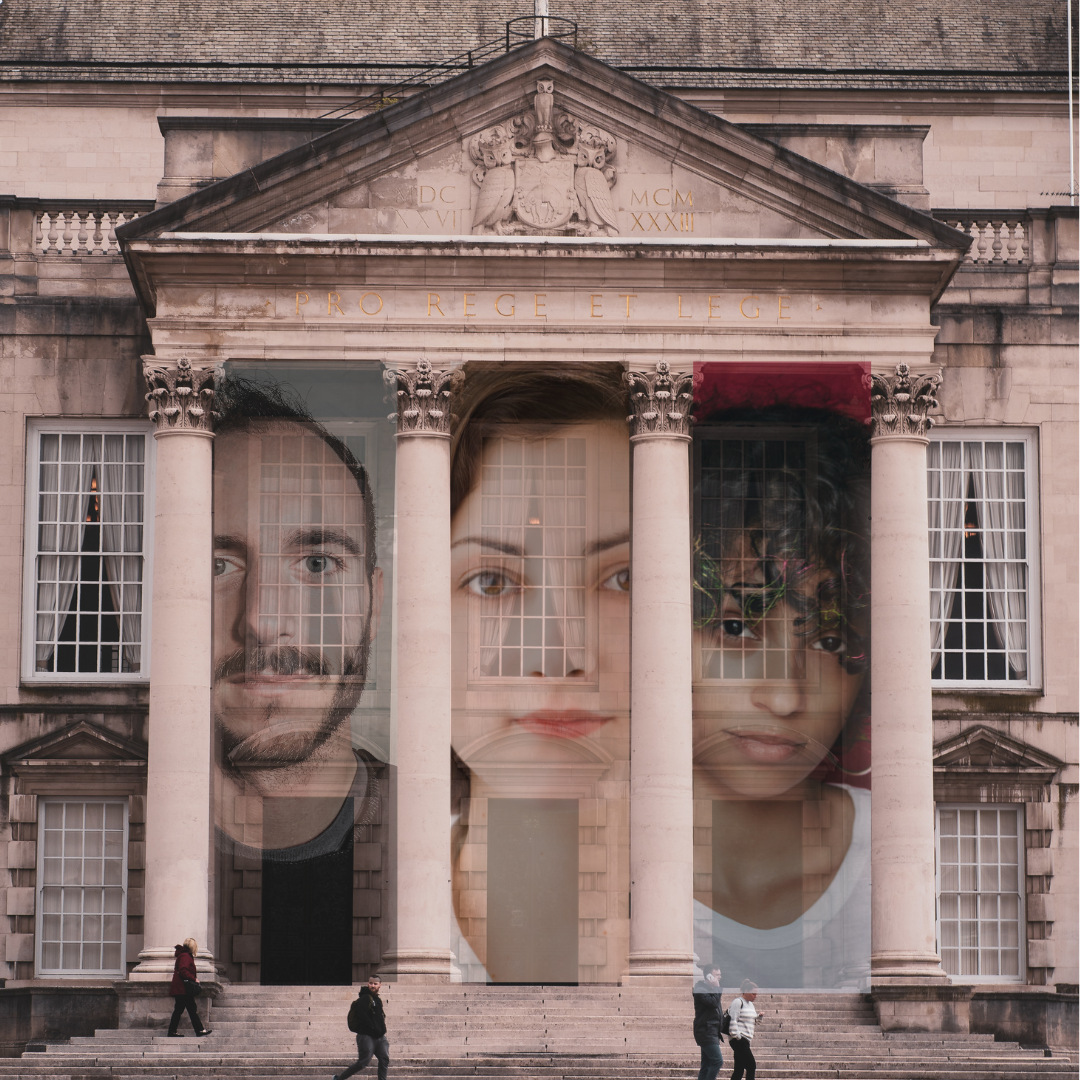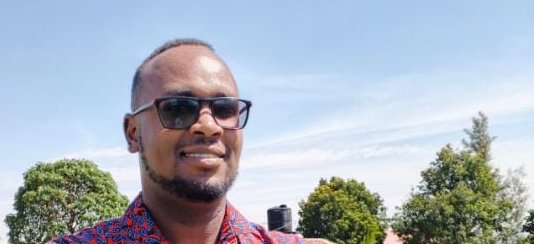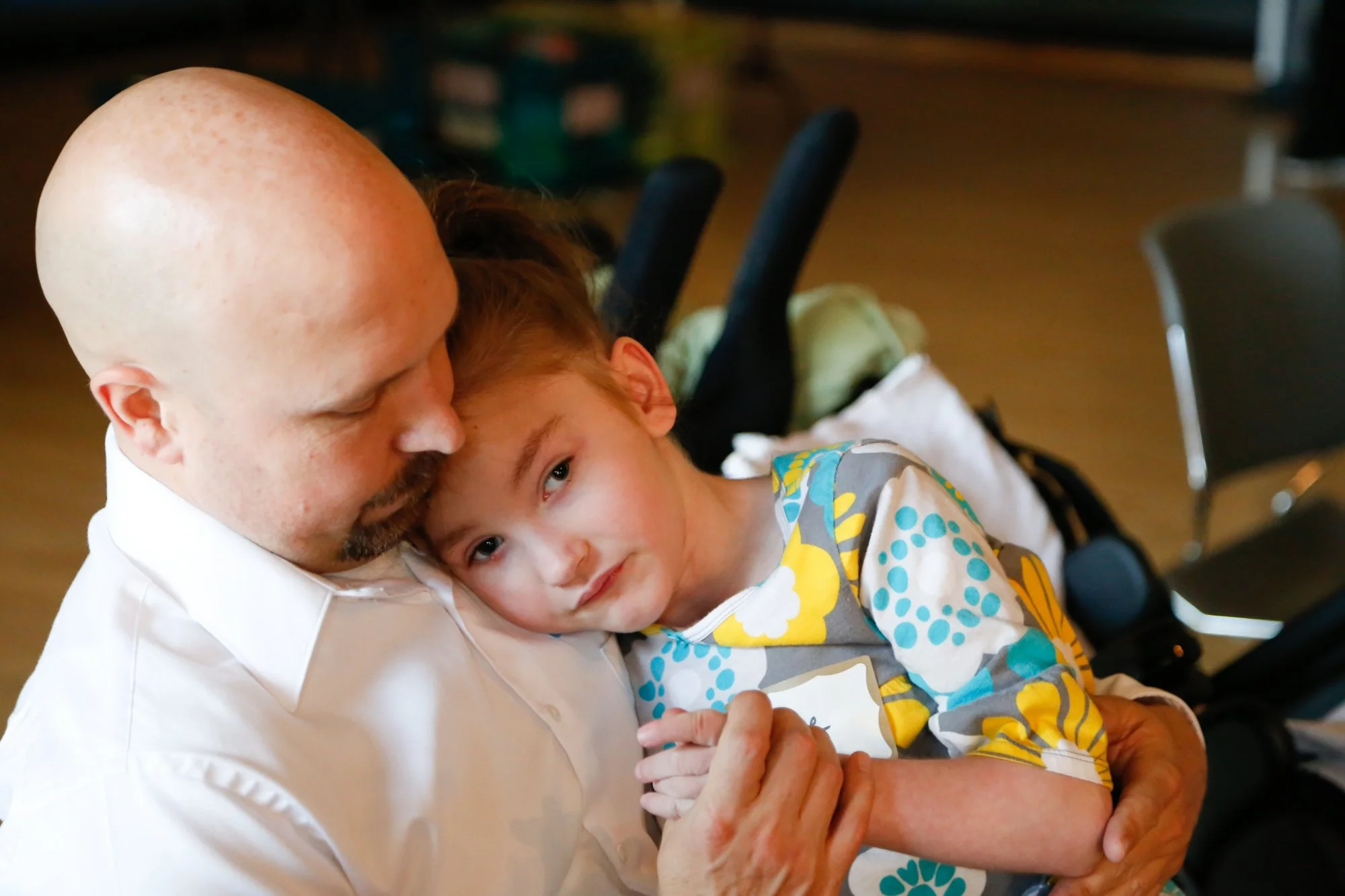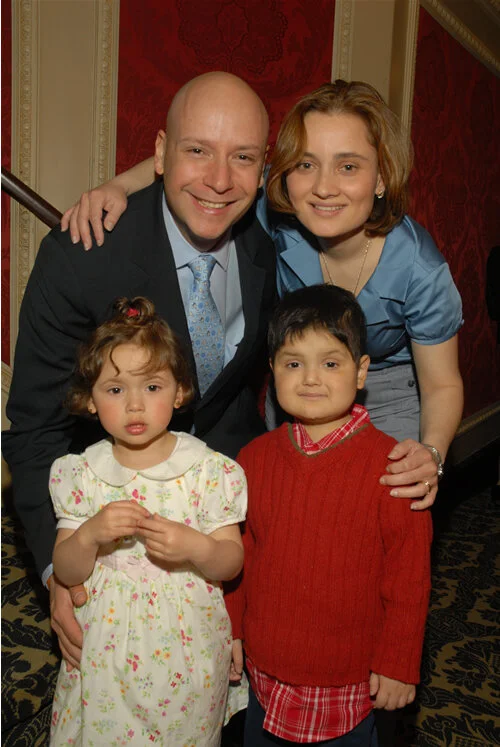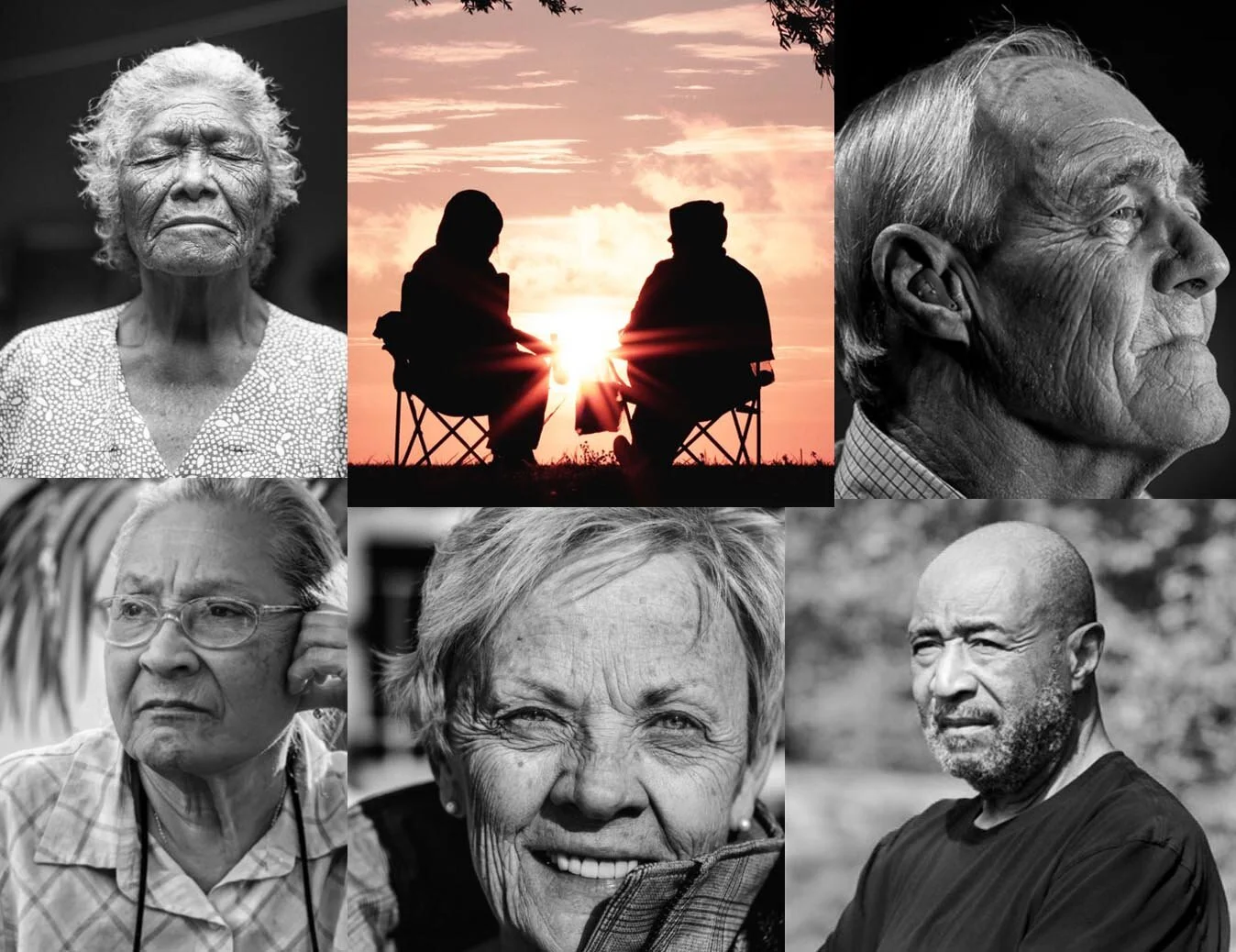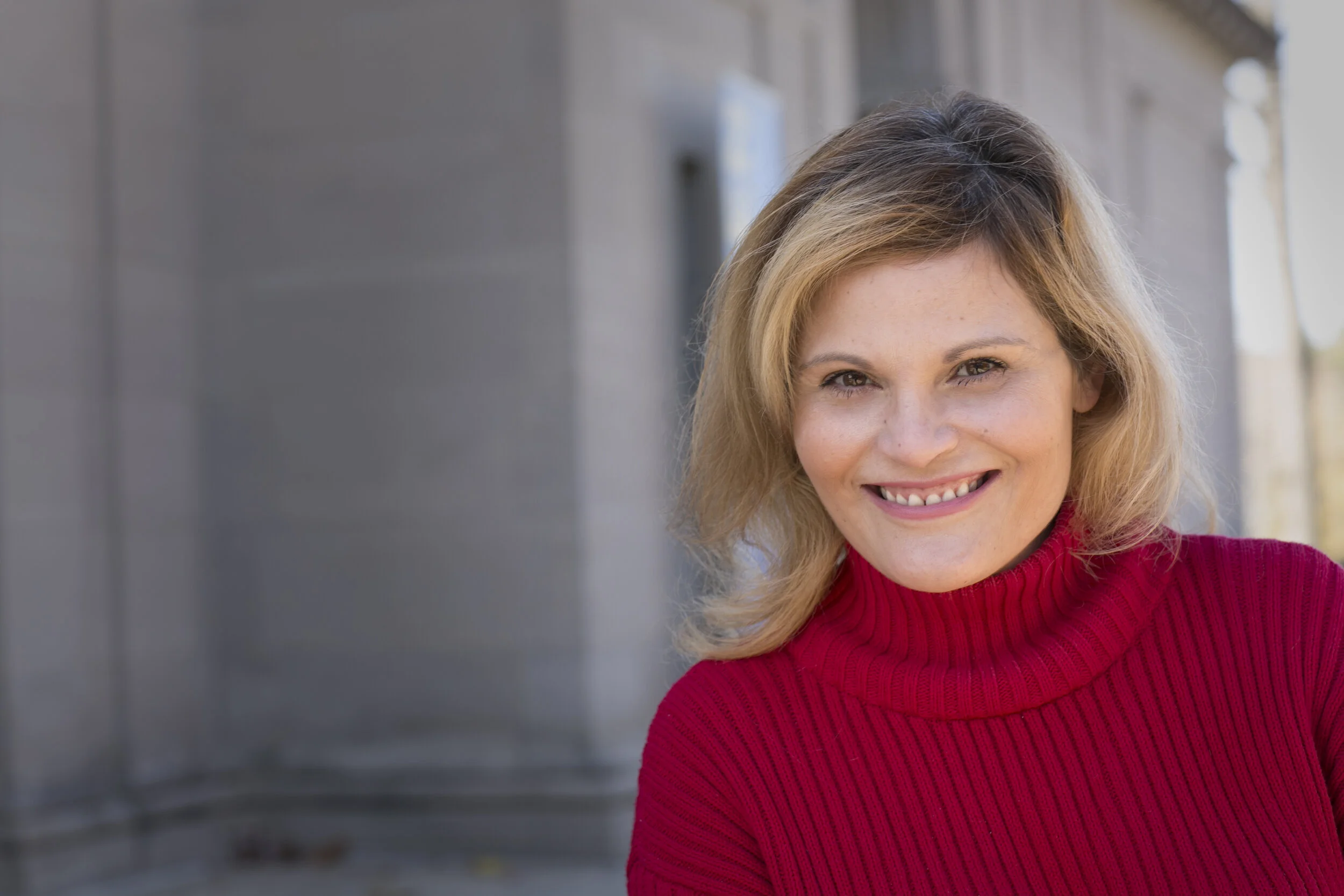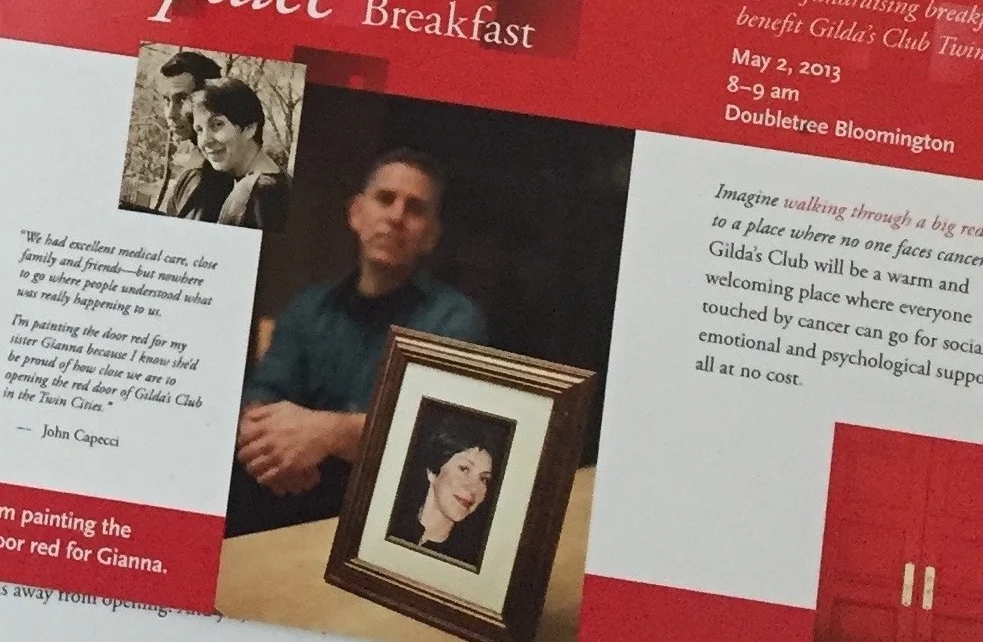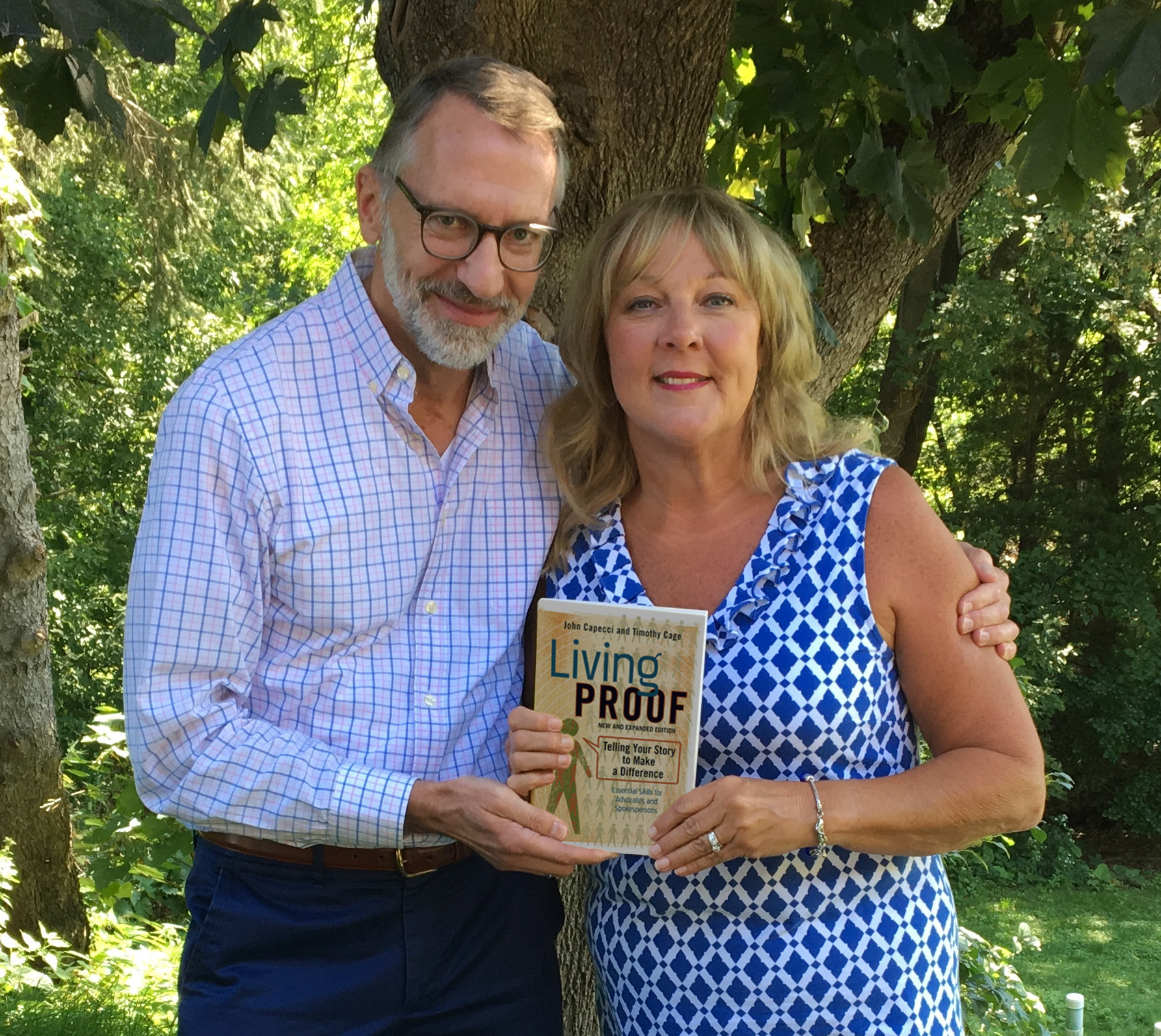A passion for helping people through life’s challenges.
That’s what drew Laurie Walker from her career in corporate communications into the world of advocacy.
Her journey began in 1998 with a breast cancer diagnosis, followed by surgery and chemotherapy, followed by more of both. Thankfully her treatment was successful; she has now been cancer-free for eight years.
“Along the way I had the opportunity to spend time with others who had experienced cancer, either themselves or as caregivers,” says Laurie. “Their support was invaluable to me so I volunteered with other cancer survivors in my community in a multi-year effort to raise the several million required to open a branch of Gilda’s Club, a nationwide cancer-support organization.”
Five years and lots of hard work later, when Gilda’s Club Twin Cities opened its signature red doors, Laurie left her corporate job to join the staff of the nonprofit, where she was responsible for both marketing and fundraising. It’s there that she became adept at helping others share their stories.
It’s also there, in 2018, that she became certified as a Living Proof Advocacy coach. “I wanted a better, deeper understanding of the process, of how to really help others feel that their stories were both valued and valuable,” says Laurie.
Today, she’s incorporating the critical learnings from her certification in her new position as corporate relations and special events manager at Interfaith Outreach and Community Partners, a Twin Cities nonprofit that supports families in need.
Being intentional about working with personal stories
Like many organizations that rely on stories from those they serve to raise both awareness and money, Interfaith Outreach struggled to articulate why client stories were needed, how they were gathered or the process by which stories were shared. As a result, there were occasional disconnects between the program delivery side of the organization and the communications/fundraising side regarding the gathering and use of stories.
So Laurie and her colleagues established a cross-functional work group and got approval and the budget to bring in Living Proof Advocacy to facilitate a series of Personal Story Practices™ workshops to help define the guiding principles behind how Interfaith Outreach calls for and activates personal stories.
“The workshops helped us nurture a culture of transparency and trust,” says Deb Lande, Interfaith Outreach’s marketing and communications director. “They also helped us discover more story opportunities, establish and agree on a shared process and increase our team’s understanding of the power and impact of stories.”
The workshops also helped Interfaith Outreach broaden the stories it shares. Now, rather than focusing primarily on stories of those who receive services, the nonprofit more frequently shares stories of donors, volunteers, board members, corporate givers and more. In addition, the workshops fostered collaboration; the departments now work together more closely to identify and share stories.
“It’s so important to make sure we’re all on the same page, working with the same assumptions and always honoring and holding sacred what a person shares with us,” stresses Laurie.
The results have been impressive: increased transparency, greater trust and a record fundraising year.
Honoring lived experience makes a difference
Thanks to what Laurie learned during her Living Proof certification training and the Personal Story Practices workshops, she feels better able to hear—and honor—the nuances of each person’s lived experience.
“I strive to get to know the individuals we serve, to understand what’s important to them and their families, as well as their hopes, dreams and concerns,” says Laurie. “I want to hear what it’s like to hope that your child who struggles in school will grow up to be successful, to dream that you will one day own your home, to wake up in the middle of the night worrying about how you’ll put gas in the car or food on the table. Only then, once they are comfortable sharing with me, do I ask if I can record our conversation, though I stress that the conversation is just between us and their stories won’t go any further without their permission.”
Her goal with every conversation is to understand how Interfaith Outreach has made a difference so that the community’s stories can inform, inspire and engage others to take action, whether that’s making a donation, volunteering at the food shelf or spreading the word about all the ways the nonprofit helps families in need.
Bev Bachel is a Twin Cities freelance writer who writes about health and advocates for people with cancer, as well as teens and people 50+. She’s also the author of What Do You Really Want? How to Set a Goal and Go for It!
